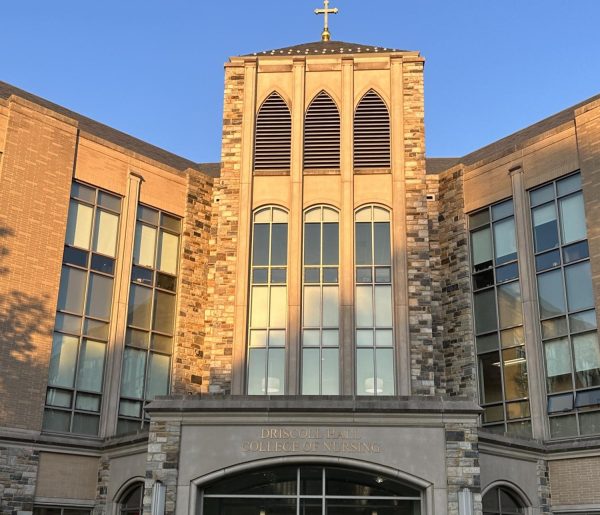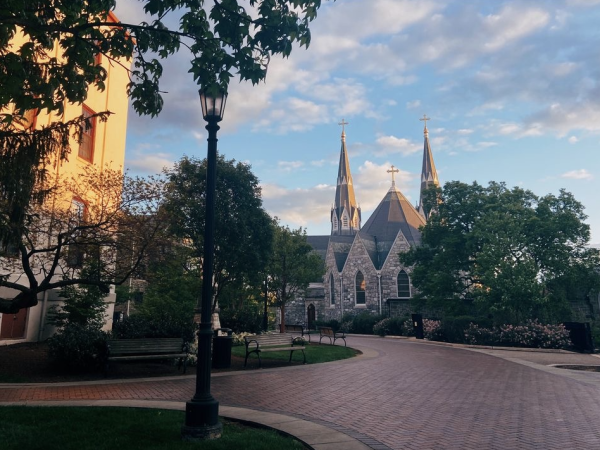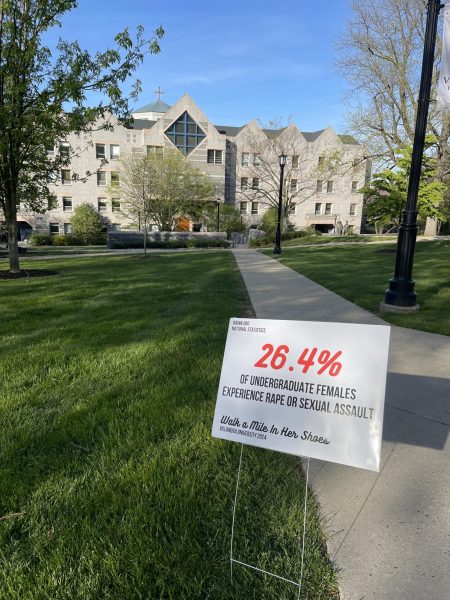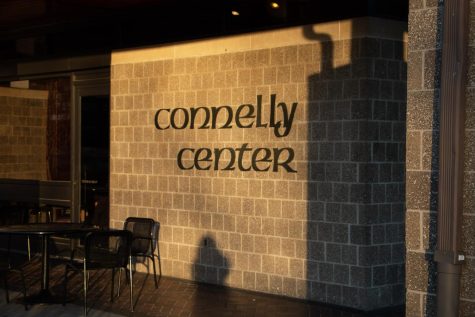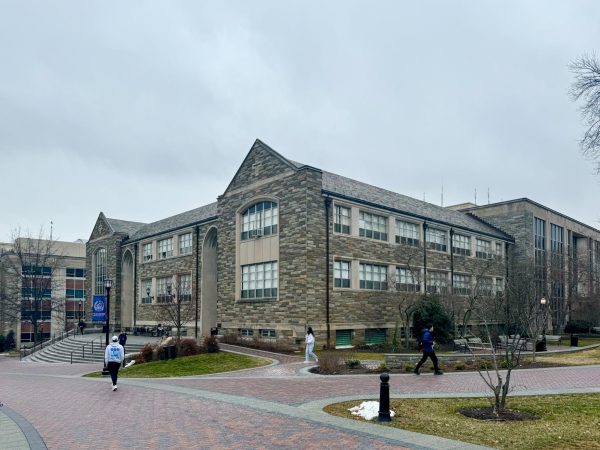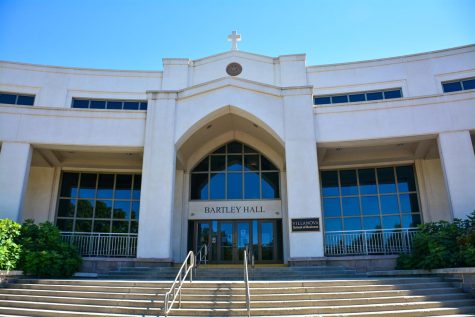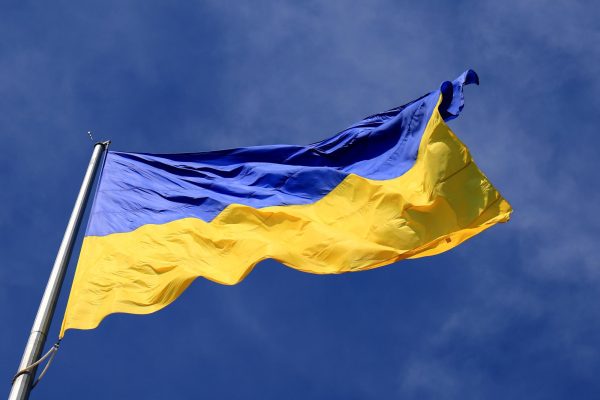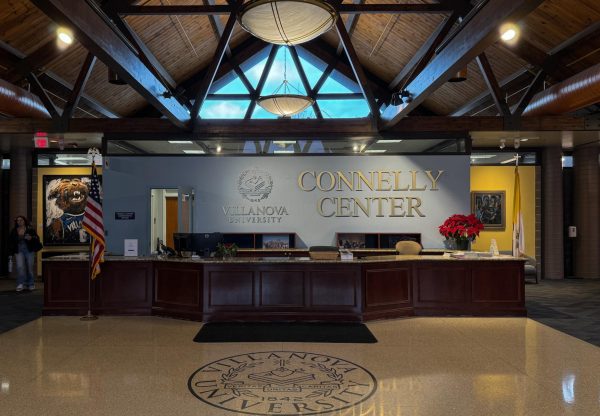J. Papin, Theology Institute Founder
January 5, 2005
“Approfondimento”-An Idea Whose Time Has Come?By F.X. Blisard (A&S 1972)*
[Word Count: 652]
“Aggiornamento” (an Italian word meaning “updating” or “modernization”) was the battle cry of the Second Vatican Council, which hit the fan just as I was entering high school, in 1964. The following four years were intellectually and spiritually breathtaking, as I embraced the socio-religious revolution known as “The Renewal.” Altars became simple self-standing tables instead of magnificent marble outcroppings from the sanctuary wall … the grand, resonant Latin Mass I had absorbed in my childhood drained away like water into sand, to be replaced by clunky, awkward English paraphrases … and awe-inspiring organs, professionally played by white-haired maestroes, gave way to a horde of tin-eared guitar pickers. Of course I fell for it, hook, line, and sinker.
At the diocesan high school I attended, daily theology classes (a constant diet of the latest developments from Rome, with ample opportunity for heated debate thereof) and monthly “First Friday” celebrations of “folk/guitar” Masses (in the same auditorium in which we were accustomed to assembling en masse every morning and practicing every afternoon at our various musical, dramatic, and artistic extracurricular activities) partook of the cohesive “tribal” character common to every high-school endeavor. My peers and I drank deep of the heady wine of intellectual and spiritual novelty that seemed to spring up from every quarter of society in the mid-1960s.
The fall of 1968, however, was a rude awakening. Whereas the assassination of President John F. Kennedy and the death of Pope John XXIII (both in 1963) had forged a strange bond of huddling togetherness among Catholics (at least in the USA), three successive events in 1968 (the assassination of Martin Luther King, the Soviet invasion of Czechoslovakia, and the assassination of Robert F. Kennedy) seemed to shake the entire Western world to its core. For me, the comforting cocoon of a parochial high school had also dissolved as I found myself on a college campus (Villanova) that, while much less radical than Berkeley or Columbia, was nonetheless a lightning rod of sorts in contemporary Catholic culture.
The biggest man on campus in those days was a priest/professor named Joseph Papin, a huge bear of a man, an ardent Slovak nationalist who had emigrated to America after World War II and a proud, uncompromising representative of the thousand-year-old Catholic culture of Eastern Europe. Combine George C. Scott’s Patton and Yul Brynner’s Taras Bulba and you will have a vague impression of the indomitable persona projected by this quasi-mystical, Rasputin-like figure.
For ten years, Father Papin served as a professor in Villanova’s Theology Department, where he founded and directed the Villanova Theology Institute. The list of theologians he attracted to the institute’s annual symposia reads like a Who’s Who of twentieth-century ecclesiology: Congar, DeLubac, Dulles, Küng, Lonergan, Rahner, Schillebeeckx, Schoonenberg, etc. One of the recurring themes of his voluminous theological writing was the need for what he called “approfondimento”-a “deepening” of Catholic doctrine-as an indispensable corollary to the process of aggiornamento. Without it, he cautioned, the “Renewal” spawned by Vatican II would go off in all directions, unchecked and uncontrolled, and evaporate in a sea of secular humanism.
Joe Papin died in the 1980s, of complications from a lifetime battle with diabetes. I served him from 1973 to 1979 in the capacity of editorial and research assistant. The title of his final volume of symposium proceedings was The Church and Human Society at the Threshold of the Third Millennium (Villanova University Press, 1974). It was his not-so-humble opinion that he was the first theologian to begin contemplating the future of the Church beyond the twentieth century. I like to think that his fellow Slav, one Karol Vojtyla, was inspired to some extent by my old mentor to focus on the theme of the Third Millennium throughout his long pontificate (witness his encylical Tertio Millennio Adveniente and his popular book Crossing the Threshold of Hope, both issued in 1994).
Requiescat in pace, Joe.
*F.X. Blisard is a member of Blessed Sacrament Church, in Trenton, New Jersey, which he serves as a Lector, ExtraordinaryMinister of Holy Communion, and Assistant RCIA Coordinator. He works as a technical editor for a medical education and marketing firm in southeastern Pennsylvania. He can be reached for comment at: [email protected] .


